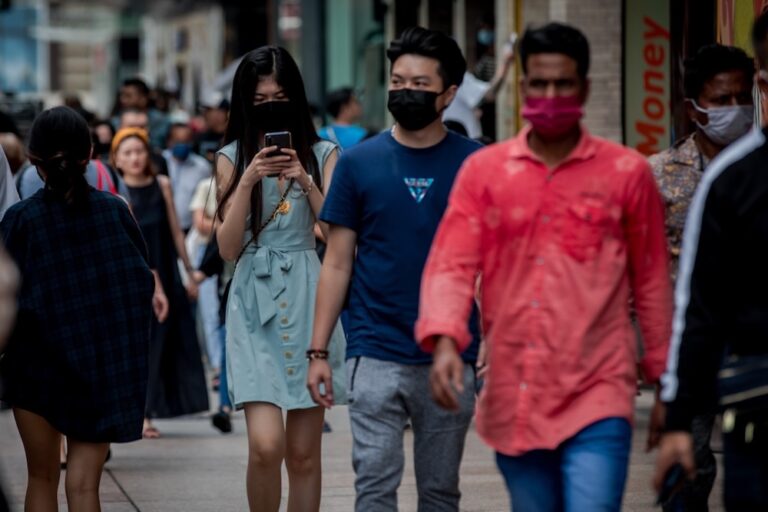(SEAPA/IFEX) – Government officials in Malaysia tore pages from the international weekly, “The Economist”, and blacked out a paragraph whose content they alleged contravened Islamic teachings, according to the Centre for Independent Journalism (CIJ), SEAPA’s partner in Malaysia. Missing in the locally circulated 23 December 2006 edition of “The Economist”, which is published by the […]
(SEAPA/IFEX) – Government officials in Malaysia tore pages from the international weekly, “The Economist”, and blacked out a paragraph whose content they alleged contravened Islamic teachings, according to the Centre for Independent Journalism (CIJ), SEAPA’s partner in Malaysia.
Missing in the locally circulated 23 December 2006 edition of “The Economist”, which is published by the Economist Newspaper Limited in Britain, was the article “Born of fire”, about Muslims in Afghanistan and Somalia believing in the existence of jinns (genies).
Blacked out in the article “A child in Bethlehem” was a paragraph on Muslim women visiting an ancient shrine to the Virgin Mary to pray for fertility.
When contacted by CIJ, a spokesperson from the Internal Security Ministry said the practices in the articles contravene Islamic teachings. “Muslims cannot believe in Jinns as this goes against Islam,” he said.
SEAPA shares CIJ’s concern about the “censorship of examples of religious tolerance and foreign beliefs and customs.”
“The censorship of this publication [“The Economist”] deprives the public of information about the practices and cultures of people outside Malaysia,” CIJ said in an 8 January 2007 statement (the full statement is available from its website, http://www.cijmalaysia.org ).
“Rather than discouraging people from discovering the traditions of others, Muslim or Christian, the government should encourage the quest for knowledge, in a spirit of encouraging tolerance and understanding,” it continued.
CIJ also pointed out that censorship of publications that are available online will deepen the digital divide as individuals with Internet access, the majority of whom are urban-based, will be able to acquire information denied to others.


